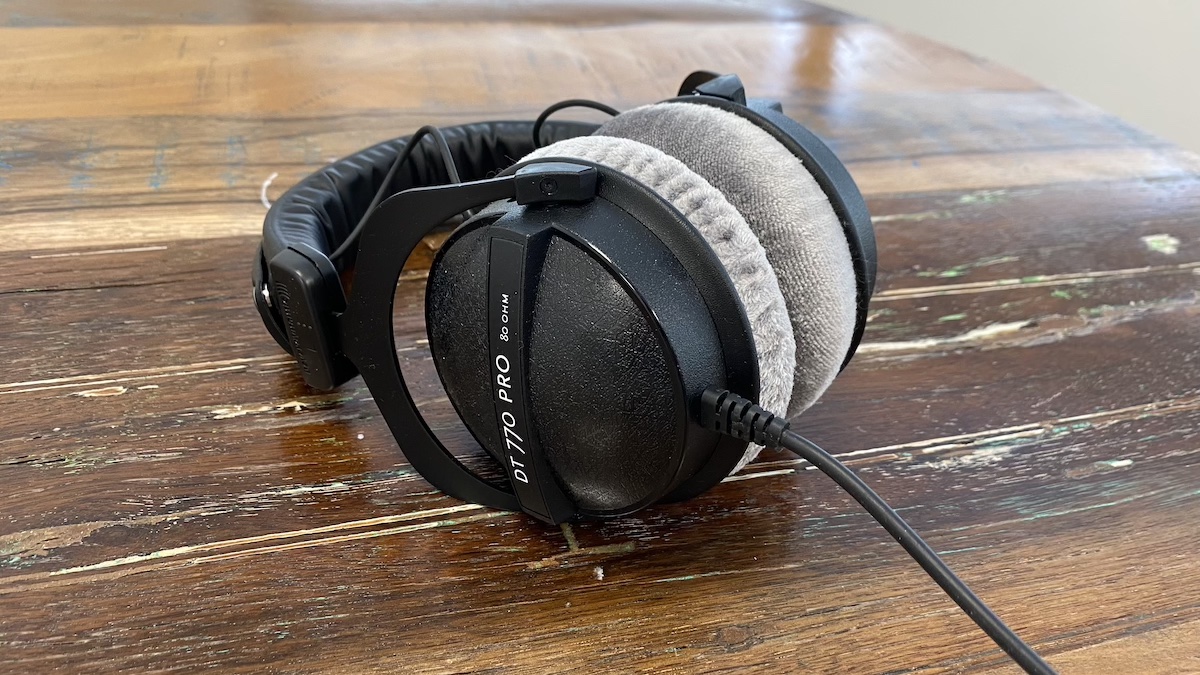MusicRadar Verdict
The DT 770 PRO studio headphones represent excellent value, delivering spoonfuls of trusted Beyerdynamic quality, neutrality and practicality for a handful of dosh. Their lack of portability means that we wouldn't necessarily recommend these for use when travelling, but for home and/or studio use, these workhorse cans still have a lot to offer. A well-built, durable and great-sounding set of comfortable headphones that perform equally well at home or in the studio, the thousands of audio professionals that already love and swear by them can’t be wrong.
Pros
- +
Solid build quality and replaceable components
- +
Balanced sound reproduction
- +
Extremely comfortable
- +
Available in multiple impedances
Cons
- -
Quite bulky/non portable
- -
Non-folding design
MusicRadar's got your back
Beyerdynamic DT 770 PRO review: What is it?
Beyerdynamic is a tried and trusted name in the world of pro audio, having pioneered the modular studio dynamic headphone with the famous DT 100 model. That model's legacy continues in the shape of the highly-regarded closed-back DT 770 PRO studio headphones, which has been a top weapon of choice for producers, engineers and broadcasters for almost 40 years. Recently eclipsed - but not replaced - by the newer, more costly DT 700 PRO X model, the DT 770 PRO continues to deliver a satisfyingly neutral sound at an affordable price.
Handmade in Germany and trusted by artists and engineers all around the world, the DT 770 PRO has built a solid reputation as an affordable, high-performance closed-back studio reference monitor headphone. Designed primarily for use when recording instruments and vocals, professionals like them for their transparent and detailed sound, decent isolation, modular construction and squashy, comfortable velour-clad ear pads.
In the box you get the headset itself, together with a permanently-attached 3m straight cable terminating in a 3.5mm stereo minijack that can be converted to a standard 6.3mm jack via a bundled screw-on adapter. There's also a simple material drawstring pouch to give the cans some measure of protection when on the move.
- More of the best studio headphones under $200/£200
Beyerdynamic DT 770 PRO review: Performance & verdict
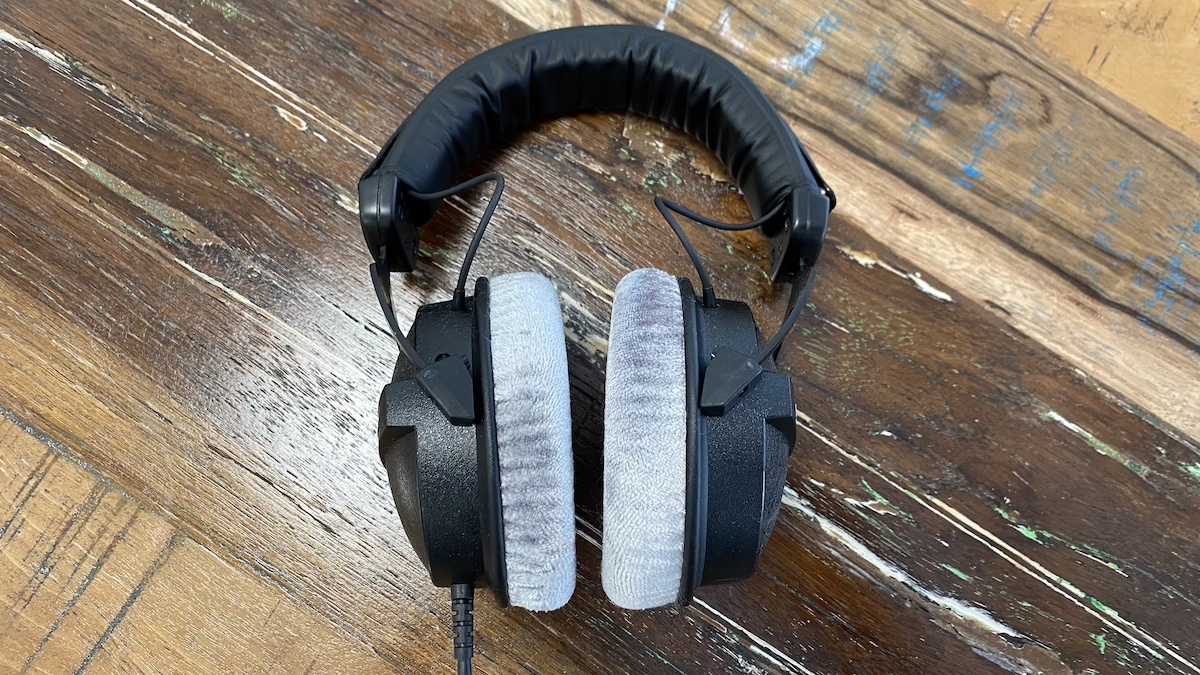
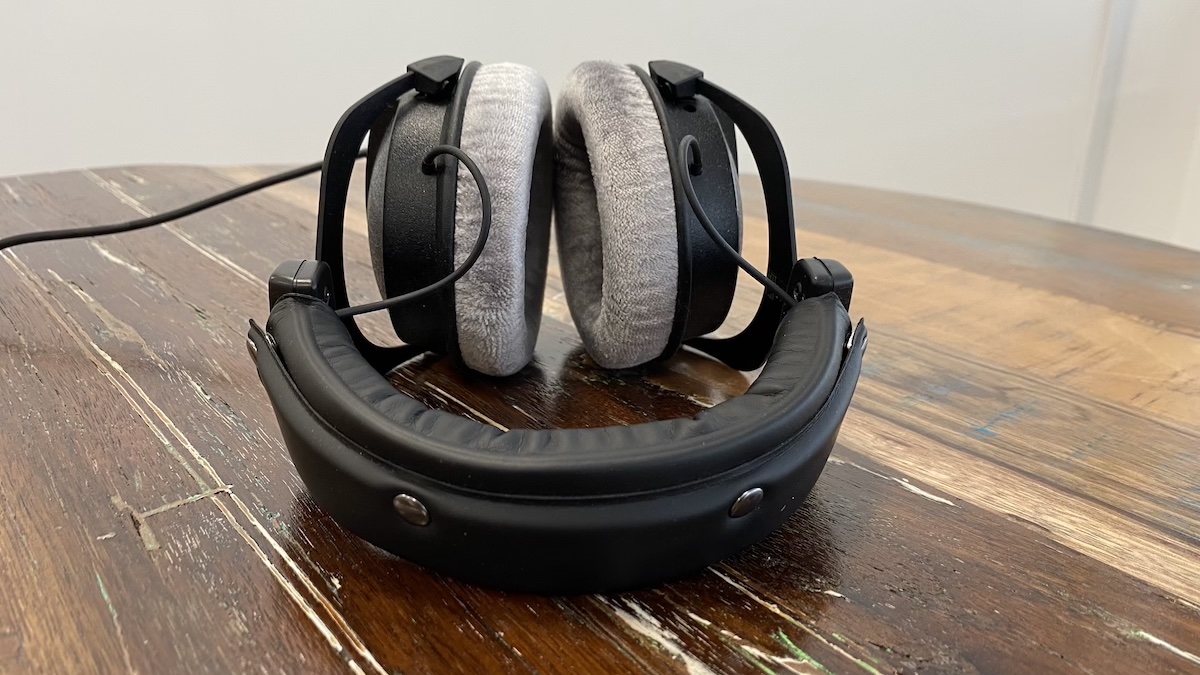
The model designation for the new PRO X series has caused some confusion, as the 700 PRO X and the 770 PRO are very different animals, despite their similar names. For one thing, the PRO X model retails for almost twice the price as the 770 PRO and is designed to be a more advanced, upmarket product. It's important to stress that the recent unveiling of the new PRO X model doesn't invalidate the 770 PRO in any way, or make it any less of a quality product in itself. There are no bells and whistles to be found here - there’s no Bluetooth capability, no detachable cable or active noise cancellation, no inline volume control and nowhere to plug in a headset mic. What you are getting for your money though is an incredibly capable, solid pair of workhorse budget studio headphones.
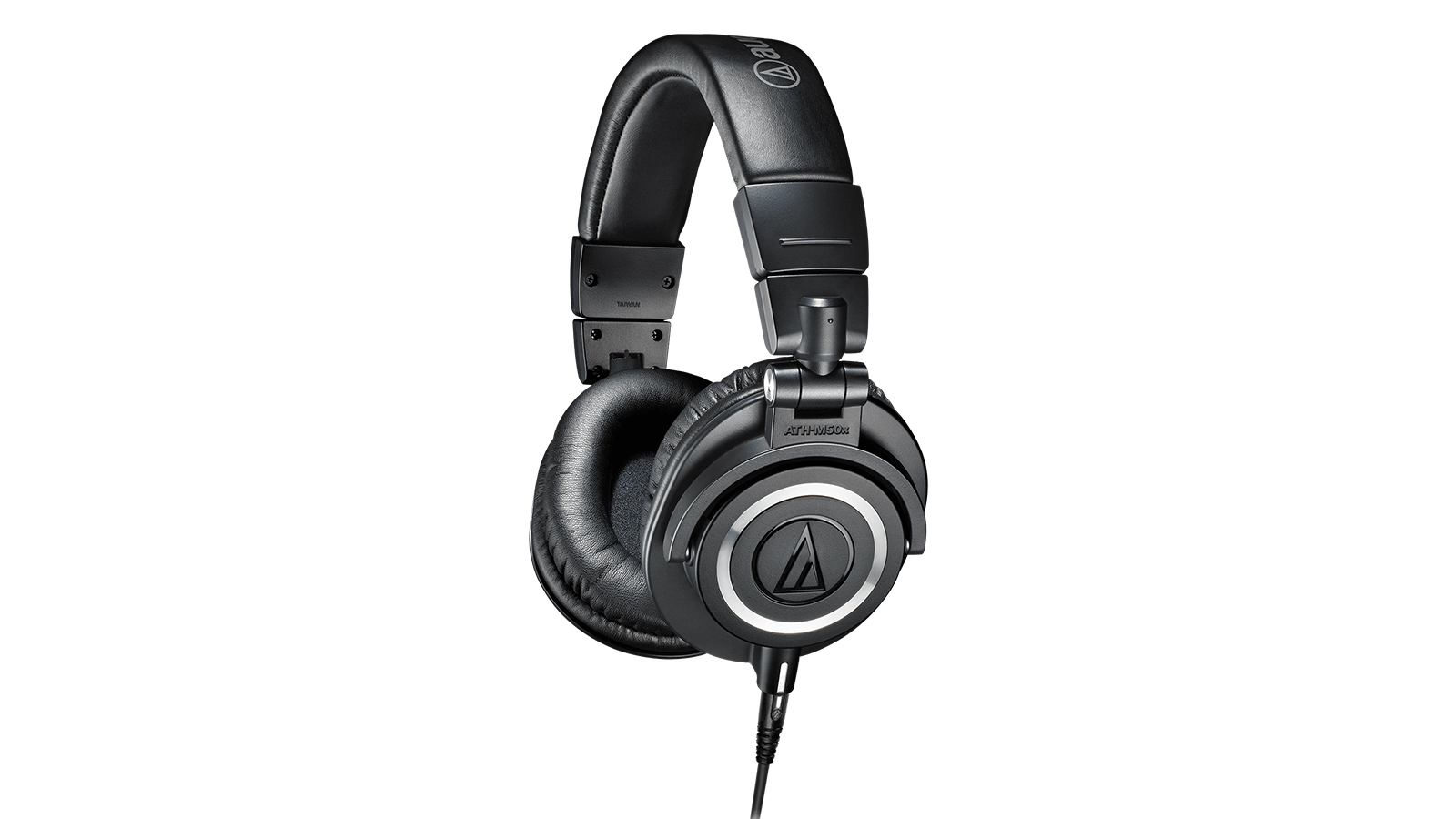
Audio-Technica ATH-M50x
Brilliant all-rounder studio reference headphone with a gentle but satisfying bass boost.
Beyerdynamic DT 990 PRO
Open-back version of the DT 770 PRO, reviewed here.
The construction of the DT 770 PRO is reassuringly solid, with a sturdy metal frame and the transducers enclosed in a hard plastic shell. The grey velour ear pads serve to make these instantly recognisable, and there are braille markings for left and right on the respective branches of the headband, which is a nice touch for those who might want to use these for audiobooks or talking newspapers. The earcups don’t swivel or fold, but there is about 40 degrees of play in the vertical plane and roughly 20 degrees on the horizontal to allow them to be clamped firmly to different head shapes. The headband tension is easily enough to facilitate this, but not so much that it becomes uncomfortable after any length of time.
Replaceable components are always a big advantage in studio cans, as in a professional environment they can sometimes have a rough life. Fortunately, modularity has been a perennial feature of Beyerdynamic’s headphone design philosophy for decades, and the 770 PRO is no exception - the ear pads can be easily replaced and the leatherette headband pad simply pops off by undoing four poppers evenly spaced along its length.
Ohm on the range
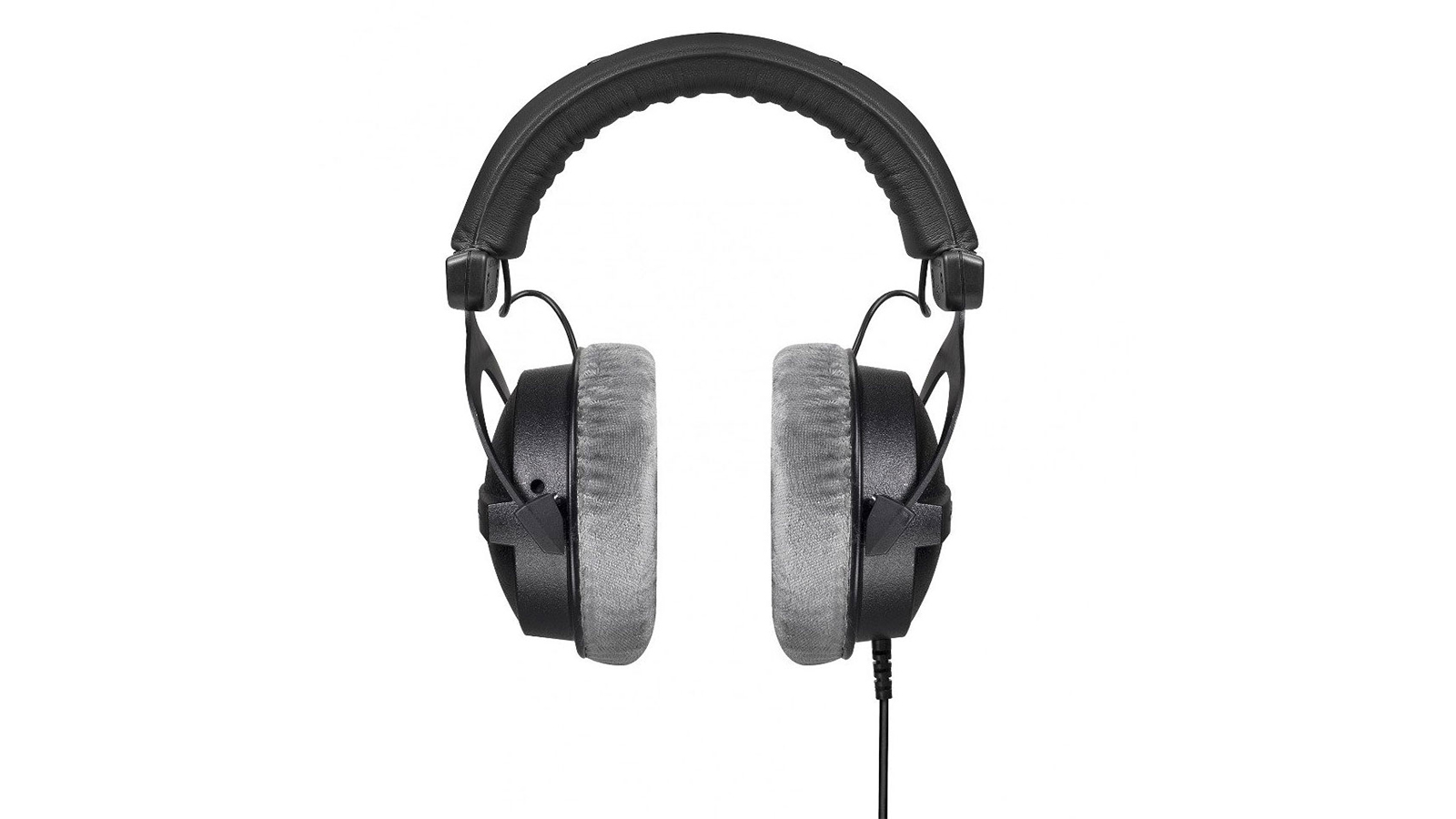
The DT 770 PRO is available with a choice of different impedance ratings, from 16Ω right up to 250Ω, to suit a variety of use cases. The 16 and 32Ω versions are intended for use with mobile devices, the 250Ω model is aimed at professional studios, while the 80Ω version we were sent for testing is a kind of mid-range, all-rounder designed to excel in a range of studio applications.
As a general rule of thumb, the higher the impedance rating, the higher the signal level required to drive the headphones for a satisfactory experience - low impedance cans can be driven comfortably by a device with a low-level output such as a mobile phone, for instance, while high impedance headphones need a more powerful input signal, such as a dedicated headphone amp, to perform at their best. At 80Ω, the pair we tried were happy enough taking on most tasks around the studio, from tracking and programming with a DAW through an audio interface, to practising drum parts on a Roland electronic drum kit. We did, however, experience a significant drop in volume compared to other, lower-impedance headphone models when paired with our MacBook Pro's headphone output. If you’re looking for a pair of headphones to use exclusively with a laptop, we’d recommend shooting for the 32Ω variant out of the four models.
Sound as a pound
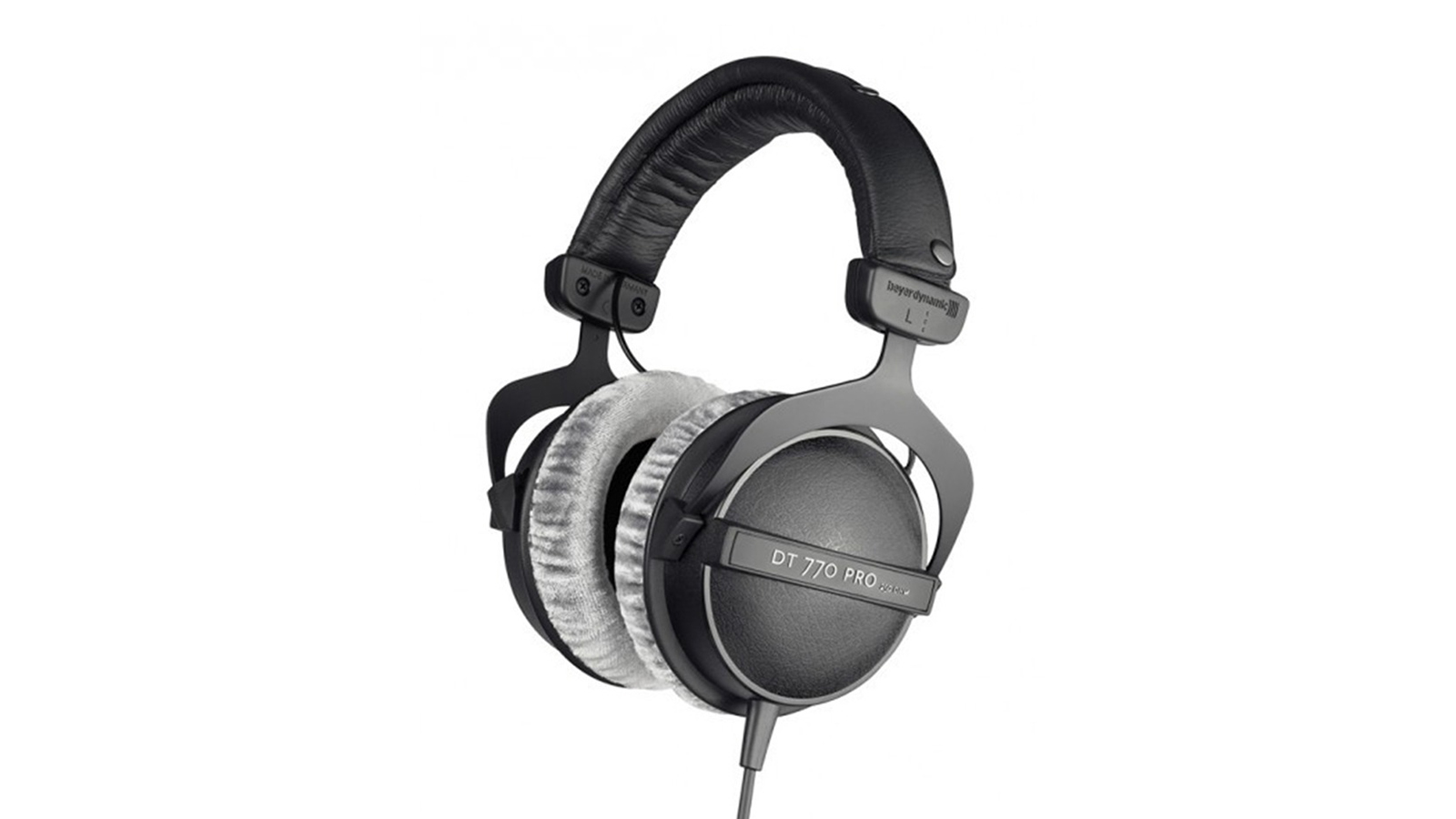
Volume level notwithstanding, the sound of the DT 770 is very Beyer. It's a relatively neutral profile overall, which is as you'd expect for a professional studio reference monitor headphone, but not entirely flat. There is a subtle bass bump due to the closed-back architecture, coupled with an emphasis in the highs that can be a little on the harsh side when dealing with overly-sibilant recordings. Details are discernible and nuances revealed effectively across all frequencies, and the width of the soundstage is more than adequate given that these are closed-back headphones. All that soft velour padding makes you feel wrapped up in the music and cut off from surrounding distractions relatively well.
It's easy to see why these are such popular tracking cans, since the passive noise reduction is excellent for maintaining performance focus while simultaneously preventing problematic backing track bleed onto the mics. The generous 3m cable is also a welcome bonus in a studio setting, allowing ample freedom of movement for guitarists, drummers and vocalists alike, as long as you don’t allow it to get tangled up in the wheels of your swivel chair.
Beyerdynamic DT 770 PRO review: Hands-on demos
Metal571
BadSeed Tech
ALittleDIMM
Beyerdynamic DT 770 PRO review: Specification
- Operating Principle: Closed, dynamic transducer
- Frequency Response: 5Hz - 35kHz
- Impedance: 16-250Ω
- Weight: 270g (without cable)
- Cable: 16Ω: 3m straight / 32Ω: 1.6m straight / 80Ω: 3m straight / 250Ω: 3m coiled
- Ear pads: 16Ω: black velour / 32Ω: black leatherette / 80Ω: silver velour / 250Ω: silver velour
- Contact: Beyerdynamic
Dave has been making music with computers since 1988 and his engineering, programming and keyboard-playing has featured on recordings by artists including George Michael, Kylie and Gary Barlow. A music technology writer since 2007, he’s Computer Music’s long-serving songwriting and music theory columnist, iCreate magazine’s resident Logic Pro expert and a regular contributor to MusicRadar and Attack Magazine. He also lectures on synthesis at Leeds Conservatoire of Music and is the author of Avid Pro Tools Basics.
“Excels at unique modulated timbres, atonal drones and microtonal sequences that reinvent themselves each time you dare to touch the synth”: Soma Laboratories Lyra-4 review
“I used everything I knew about music”: How Green Day exceeded expectations with their most ambitious song
YouTube just added AI tools that makes musicians, library music and video editors redundant
